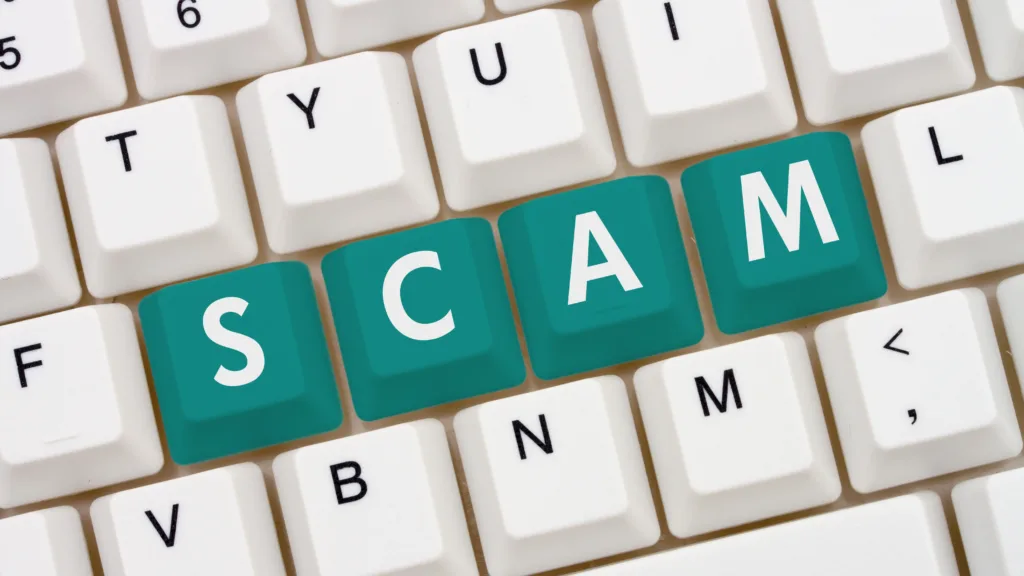Charity, a noble endeavor aimed at helping those in need, has unfortunately become a target for deception and exploitation. In recent years, the proliferation of fake donation schemes has plagued the online landscape, preying on the goodwill of individuals and undermining the integrity of charitable organizations. In this article, we delve into the insidious world of charity scams, shedding light on the tactics used by perpetrators and providing guidance on how to protect yourself and your contributions.
Introduction: Charity Scams
Charity scams, also known as fake donation schemes, refer to fraudulent activities where individuals or organizations pose as legitimate charities to solicit donations for personal gain. These schemes often masquerade under the guise of aiding worthy causes, such as disaster relief efforts or support for vulnerable populations. However, behind their altruistic facade lies a web of deceit designed to exploit the generosity of well-meaning donors.
Common Tactics Used by Charity Scams
False Claims of Affiliation
One of the primary tactics employed by fake charities is to falsely claim affiliation with reputable organizations or prominent individuals. By leveraging the credibility of established entities, scammers seek to gain the trust of potential donors and legitimize their fraudulent operations.
Emotional Manipulation
Scammers often resort to emotional manipulation to tug at the heartstrings of donors and compel them to give. They may use sob stories, images of suffering individuals, or heart-wrenching testimonials to evoke sympathy and prompt impulsive donations.
High-Pressure Tactics
To capitalize on the goodwill of donors, fake charities may employ high-pressure tactics to elicit immediate contributions. This could involve aggressive solicitation methods, such as incessant phone calls, urgent emails, or door-to-door canvassing, aimed at coercing individuals into giving without due diligence.
Spotting Red Flags
Lack of Transparency
Legitimate charities prioritize transparency and accountability, providing detailed information about their mission, programs, and financial management practices. In contrast, fake charities often operate in secrecy, refusing to disclose crucial details or provide documentation to support their claims.
Unverifiable Claims
Be wary of charities making grandiose claims or promises that seem too good to be true. Without verifiable evidence or reputable endorsements, such assertions may be indicative of fraudulent intent.
Suspicious Payment Methods
Exercise caution when asked to donate via unconventional payment methods, such as wire transfers, prepaid cards, or cryptocurrency. Legitimate charities typically offer multiple secure payment options, including credit card payments or checks made payable to the organization’s official name.
Impact on Genuine Charitable Efforts
The proliferation of charity scams not only harms individual donors but also undermines the credibility and effectiveness of genuine charitable organizations. As public trust erodes and skepticism grows, legitimate nonprofits face greater challenges in garnering support for their worthy causes, ultimately impeding their ability to make a meaningful impact.
Steps to Protect Yourself from Charity Scams
Researching Charities
Before making a donation, take the time to research the charity thoroughly. Visit their website, review their mission statement and programs, and check for independent evaluations or ratings from reputable sources.
Verifying Legitimacy
Verify the charity’s legitimacy by checking for official registration with government agencies or watchdog organizations. Look for accreditation from trusted entities such as the Better Business Bureau or Charity Navigation.
Reporting Suspicious Activity
If you encounter a suspected charity scam or fraudulent solicitation, report it to the relevant authorities immediately. This helps to prevent further victimization and enables law enforcement agencies to investigate and prosecute fraudulent actors.At Reclaim LTD we provide a blacklist of all the scams we discover over the years and we encourage you to send us suspicious activities.
Raising Awareness about Charity Scams
Educating Others about Charity Scams
Spread awareness about charity scams and educate others on how to spot and avoid fraudulent schemes. Share information through social media, community forums, or local events to empower individuals to make informed decisions about their charitable giving.
Sharing Resources
Provide resources and tools to help individuals navigate the charitable landscape safely. This could include compiling lists of reputable charities, sharing tips for avoiding scams, or organizing educational workshops on philanthropic best practices.
Conclusions: Charity Scams
Charity scams represent a betrayal of trust and a threat to the integrity of charitable giving. By unmasking these deceptive practices and arming ourselves with knowledge and vigilance, we can protect our contributions and ensure that our generosity truly makes a difference in the lives of those in need.
*Fallen a victim to charity scams?
*Want to rerport a scam?
Look no futher than ReclaimLTD! Click here to open the main page>
FAQ
What should I do if I suspect a charity is a scam?
If you suspect a charity is a scam, refrain from donating and report your concerns to the appropriate authorities, such as the Federal Trade Commission or your state’s attorney general’s office. We also encourage you to report to us at Reclaim LTD, by doing so we help to spread awerness and publish the scammers on out blacklist section.
Can I get my money back if I’ve been scammed by a fake charity?
Recovering funds lost to a charity scam can be difficult, especially if the perpetrators are elusive or operating outside the law. However, you can file a complaint with law enforcement agencies and seek assistance from consumer protection organizations. We at Recalim LTD provide such services as well.
How can I verify the legitimacy of a charity before donating?
You can verify the legitimacy of a charity by researching its credentials, checking for official registration, and reviewing independent evaluations from trusted sources such as Charity Navigator or GuideStar.
What are some warning signs of charity scams?
Warning signs of charity scams include high-pressure tactics, lack of transparency, unverifiable claims, and requests for payment via unconventional methods such as wire transfers or prepaid cards.
Are there any specific industries or causes more prone to charity scams?
Charity scams can target a wide range of causes. For example, natural disasters, humanitarian crises, and health-related campaigns often attract fraudulent activity due to heightened public sympathy and willingness to donate.





